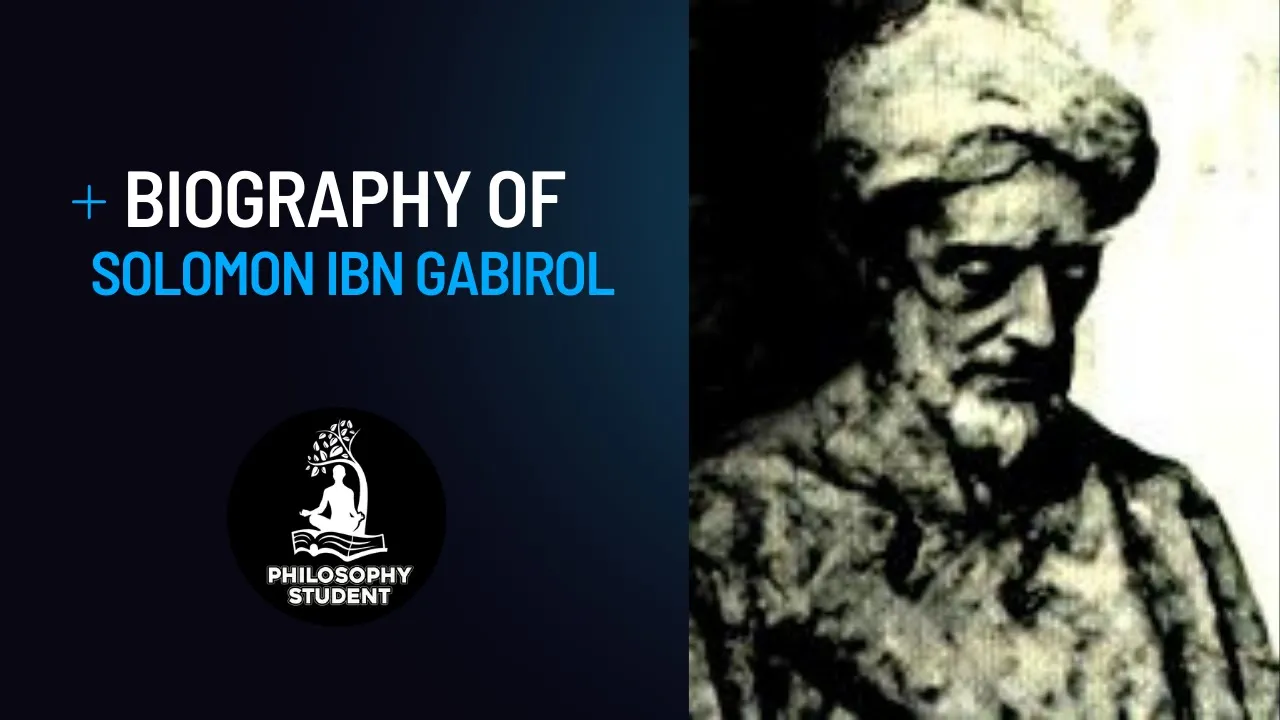Born in Málága, Andalusia, in 1021 or 1022, Solomon Ibn Gabirol was a poet and Neoplatonic Jewish philosopher. Until well into the nineteenth century, he was known only by his Latinized name, Avicebron, and was assumed to have been either an Islamic or a Christian scholar. His great contribution to philosophy is his argument that everything, including the intellect and the soul, is composed of matter and form—a version of Aristotle’s hylomorphism.
Gabirol seems to have been financially well off but nevertheless suffered a hard life in that he was lonely, cursed with ill health, and fell afoul of powerful foes. He may have been afflicted by lupus vulgaris, a form of cutaneous tuberculosis that left him disfigured. He was also beset by what another Jewish-Spanish philosopher, Moses ibn Ezra, called an “irascible temperament” and “could [not] rein [in] the demon that was within himself.” His discourse was often sarcastic and mocking.
In Zaragoza, to which he moved in his teens, Gabirol’s mocking wit won him powerful enemies, and he was forced to interrupt his studies in the Talmud, grammar, geometry, astronomy, and philosophy until he found a patron in Samuel ibn Naghrillah, the grand vizier to the kings of Granada. Before long, however, Gabirol managed to alienate him as well, and, having done this, became an itinerant poet-philosopher before dying young (in 1050, 1058, or 1070), possibly the victim of murder.
His chief work, Fons Vitae (Source of Life), which he wrote in Arabic and that was later translated into Hebrew and then into Latin, is a Neoplatonic philosophical dialogue between “master” and “disciple” on the nature of God’s creation and how understanding our own nature (what we are) can enable us to discover our purpose and thus live, with meaning, accordingly. He saw all existence as being reducible to three categories: God; matter and form (that is, creation); and will, the latter functioning as an intermediary between the first two categories.




































